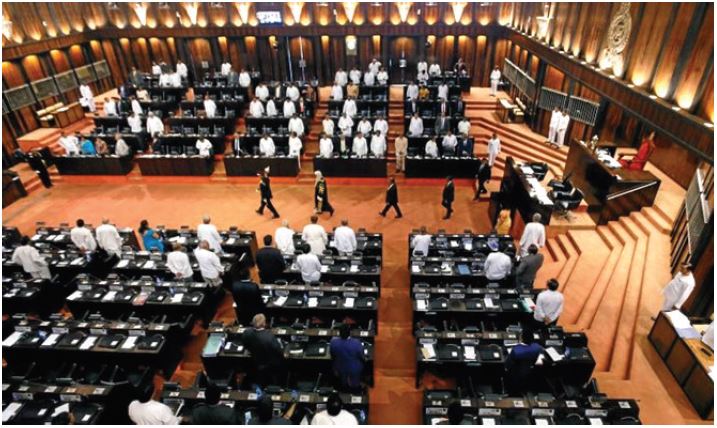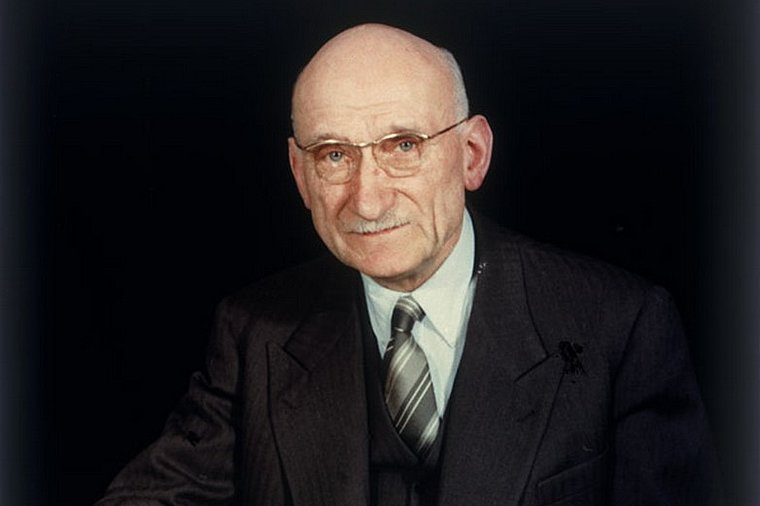 The political events of recent months in Italy have revealed a change, not only in the political forms and orientations that characterize the new government, but also in the conscience of the country. We have cultivated for many years the idea that Italians, apart from their defects, were still a hospitable people, open to Europe, capable of dealing seriously with the difficult moments of its history. Today everything seems overturned, as if a great anxiety were eroding our thoughts and changing our beliefs: the processes of globalization and the financialisation of the economy seem unmanageable to us and generate serious social inequalities, and therefore produce in us the need for a defense, which increasingly takes the character of closure. And it is the same mechanism by which we live the migratory phenomena, which we would like to do but we cannot regulate as we like: it is not enough to say that the numbers of migrants in our country are relatively small (also compared with other European countries), because the perception is different. In this situation, which is no different from that of many other realities present in Europe and the United States, the ideal and cultural references on which society was based and on which politics drew have also changed.
The political events of recent months in Italy have revealed a change, not only in the political forms and orientations that characterize the new government, but also in the conscience of the country. We have cultivated for many years the idea that Italians, apart from their defects, were still a hospitable people, open to Europe, capable of dealing seriously with the difficult moments of its history. Today everything seems overturned, as if a great anxiety were eroding our thoughts and changing our beliefs: the processes of globalization and the financialisation of the economy seem unmanageable to us and generate serious social inequalities, and therefore produce in us the need for a defense, which increasingly takes the character of closure. And it is the same mechanism by which we live the migratory phenomena, which we would like to do but we cannot regulate as we like: it is not enough to say that the numbers of migrants in our country are relatively small (also compared with other European countries), because the perception is different. In this situation, which is no different from that of many other realities present in Europe and the United States, the ideal and cultural references on which society was based and on which politics drew have also changed.
This feeling of powerlessness and fear for the future is now understood and assumed above all by some political movements, which are advocates of a hard battle (in methods even before the content) against the organizations to which they attribute responsibility for this situation: the European bureaucrats, considered obtuse and unable to see the dangers of this historical phase, who has ruled the country in recent years, away from the problems of the people, who helps migrants to reach our shores. The peremptory style, the use of slogans that attract easy consensus, create a bond between the representatives of these movements and a substantial part of the people who recognize themselves in this reading of events: the leaders identify with the people (“we are the State”, “there is no such thing as the right and the left, but there is the people against the elite” are emblematic expressions that we have heard in recent months).
In this scenario, we can ask ourselves many questions: is this still the democracy that the constituent fathers and the fathers of Europe thought? Is not the role of the institutions, Parliament and the Presidency of the Republic being questioned? What will become of the intermediate bodies of society that have ensured the social dialectic, the confrontation between instances within free associations? What will become of politics (the one with a capital P would be to say with Pope Francis)?
Yet today we need politics more than ever, and we need a political class that is able to take up the social, economic and cultural challenges, and to face conflicts (generational, territorial, between social groups, between States…) in order to resolve them through the difficult art of mediation. But to compose different demands through the search for thoughtful solutions respectful of the ideas of all is considered as something of the past, because we have to decide decisively, we have to take sides on one side against another, because in the besieged citadels there is only one us to protect against one of them who wants to impose his will. It is interesting to note that the model for this form of interpretation of political action is increasingly President Trump, who is in conflict with the world around him, with the sole declared aim of defending America and the Americans. And he is deliberately stinging, because he knows that always finding adversaries to beat, he strengthens the relationship with his people, the people who recognize themselves in him.
The results seem to prove him right: from the economic point of view, from the point of view of international politics (with the resounding pacification with North Korea, when a few months before the two presidents mocked each other, with tones that were even vulgar and unworthy of their role), from the media success. In a Rossinian crescendo other heads of state or government are moving along the same line. And we do not realise that we are going backwards, because, in spite of some temporary successes, a climate of poisoned relations is being created, which leads to difficult times, to the risk of irremediable conflicts. The debate that is stirring up social media, which is corrosive and cruel, is a sufficiently eloquent sign that we are at war between individuals, in which weapons are being replaced by sharp and violent messages.
The long period in which we have believed that it would be possible to draw up, at least in Europe, a picture of more fraternal relations, seems to be at sunset. Yet it should be clear that only by recovering an attitude towards dialogue and confrontation, by regenerating cohesion between groups, communities and states, can we have any chance of responding to problems that a single country cannot face alone. Everyone doing their part.
If we look at Italy, we need, today even more than yesterday, to rediscover, through new forms of participation, the taste for thinking, designing together, doing; sailing against the tide because we need to overcome the widespread distrust towards every initiative that invites us to think and understand. There are potentials that struggle to emerge, experiences that few know, generous availability of people and associations, on which we can rely to regenerate our democratic life. In recent months, I have observed, even within the ecclesial space, a growing demand for commitment to the city, which is expressed in different forms, because the sensibilities and convictions are different. However, we need to be aware of the scale of the challenge: the agenda of the issues we have to deal with is long and complex, and perhaps it would be good to start with the issues contained in the Laudato si, which has the great merit of looking at the central aspects of world life with breadth and farsightedness. Because a global and confident look is the best antidote against the narcissistic retreat of a society that has gotten lost.
Translated from Italian original by Philippe Ledouble.





Leave A Comment
You must be logged in to post a comment.